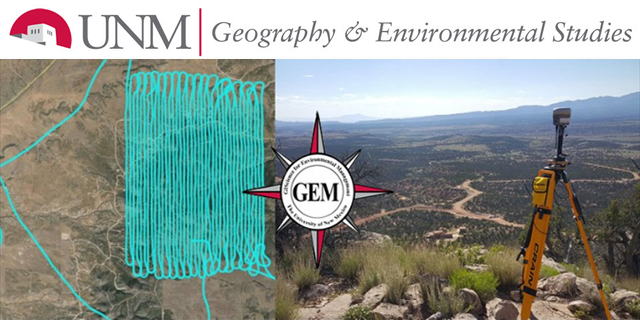
Geography ETDs
Publication Date
Spring 4-1-2019
Abstract
Despite growing uncertainty of water availability in the future and popular understandings of water conservation in agriculture, a growing number of farmers in the Lower Rio Grande Basin are rapidly transitioning to pecan orchards, a long-term and highly water-dependent crop. Drivers of landscape change can be environmental, historic, socioeconomic, or institutional. Adaptation to change is understood as responses to external stimuli and is limited to a threshold by which an actor can meet their goals. Much of the current scholarship focuses on a given population’s adaptive capacity toward global climate change, however, most water policy in the western United States is part and parcel a response to burgeoning climate crises. By framing agrarian change in terms of the capacity to adapt to water policy, adjudication, and litigation, I explore what externalities and mechanisms of uncertainty influence agricultural management decisions. I use multiple regression models to unpack some of the interplay between physical and institutional factors, spatial relationships, and cropping patterns. The analysis is evaluated based on qualitative surveys of farmers’ perceptions of the drivers of change. I argue that the ability to acquire water rights to meet or exceed adjudicated irrigation amounts has disproportionately ensured the livelihood and environmental resilience of farmers with higher property value and larger farms in less rural areas. Current markets and ongoing adjudication has given advantage to pecan orchards over other crops.
Degree Name
Geography
Department Name
Geography
Level of Degree
Masters
First Committee Member (Chair)
Yan Lin
Second Committee Member
Benjamin Warner
Third Committee Member
Dagmar Llewellyn
Document Type
Thesis
Language
English
Keywords
water governance, agriculture, GIScience, adjudication, climate change
Recommended Citation
Beene, Daniel R.. "Adjudication and the Adaptive Capacity of Pecan Farmers in the Lower Rio Grande." (2019). https://digitalrepository.unm.edu/geog_etds/46
